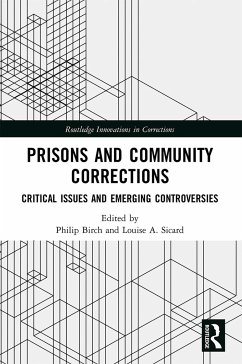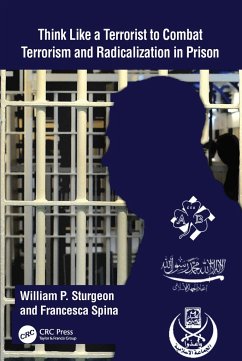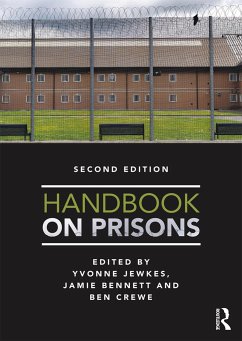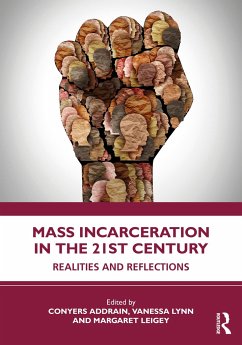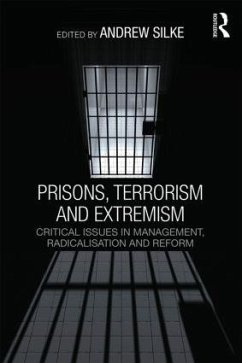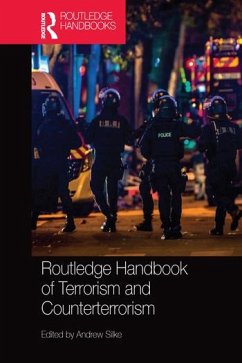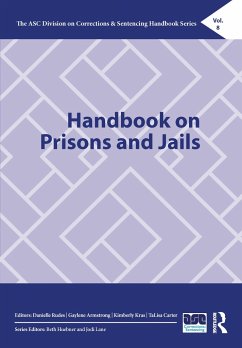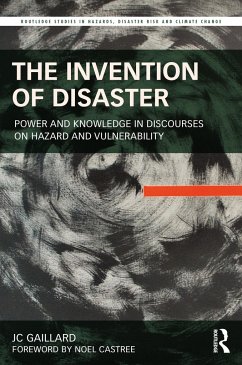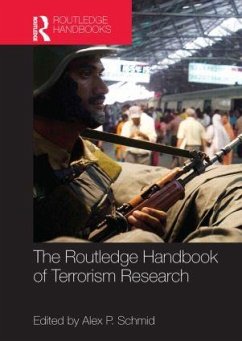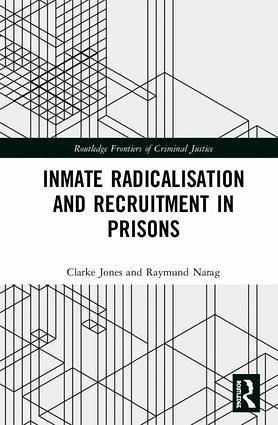
Inmate Radicalisation and Recruitment in Prisons

PAYBACK Punkte
77 °P sammeln!
It is traditionally viewed that vulnerable inmates form captive audiences for violent terrorist offenders who, in turn, are destined to turn prisons into training grounds for militant activities; all the while forming alliances with more hardened criminals to produce an even greater threat. However, there is limited empirical grounding to underpin these assertions.Inmate Radicalisation and Recruitment in Prisons challenges existing perceptions about prison radicalisation. Whilst not downplaying the seriousness of the prison radicalisation threat, it seeks a more balanced interpretation of curr...
It is traditionally viewed that vulnerable inmates form captive audiences for violent terrorist offenders who, in turn, are destined to turn prisons into training grounds for militant activities; all the while forming alliances with more hardened criminals to produce an even greater threat. However, there is limited empirical grounding to underpin these assertions.
Inmate Radicalisation and Recruitment in Prisons challenges existing perceptions about prison radicalisation. Whilst not downplaying the seriousness of the prison radicalisation threat, it seeks a more balanced interpretation of current discussion. Drawing on original research in the Philippines and case studies from Australia, the US, Canada, Indonesia, the UK, France, the Netherlands, and Belgium, the authors posit an alternative view that suggests that the imprisonment of a terrorist may mark the beginning of physical disengagement and psychological de-radicalisation.
Offering evidence-based insights to help determine how best to house terrorist offenders, this volume will appeal to students and researchers interested in fields such as Criminology and Criminal Justice, Terrorism, Prisons, and Organised Crime.
Inmate Radicalisation and Recruitment in Prisons challenges existing perceptions about prison radicalisation. Whilst not downplaying the seriousness of the prison radicalisation threat, it seeks a more balanced interpretation of current discussion. Drawing on original research in the Philippines and case studies from Australia, the US, Canada, Indonesia, the UK, France, the Netherlands, and Belgium, the authors posit an alternative view that suggests that the imprisonment of a terrorist may mark the beginning of physical disengagement and psychological de-radicalisation.
Offering evidence-based insights to help determine how best to house terrorist offenders, this volume will appeal to students and researchers interested in fields such as Criminology and Criminal Justice, Terrorism, Prisons, and Organised Crime.





